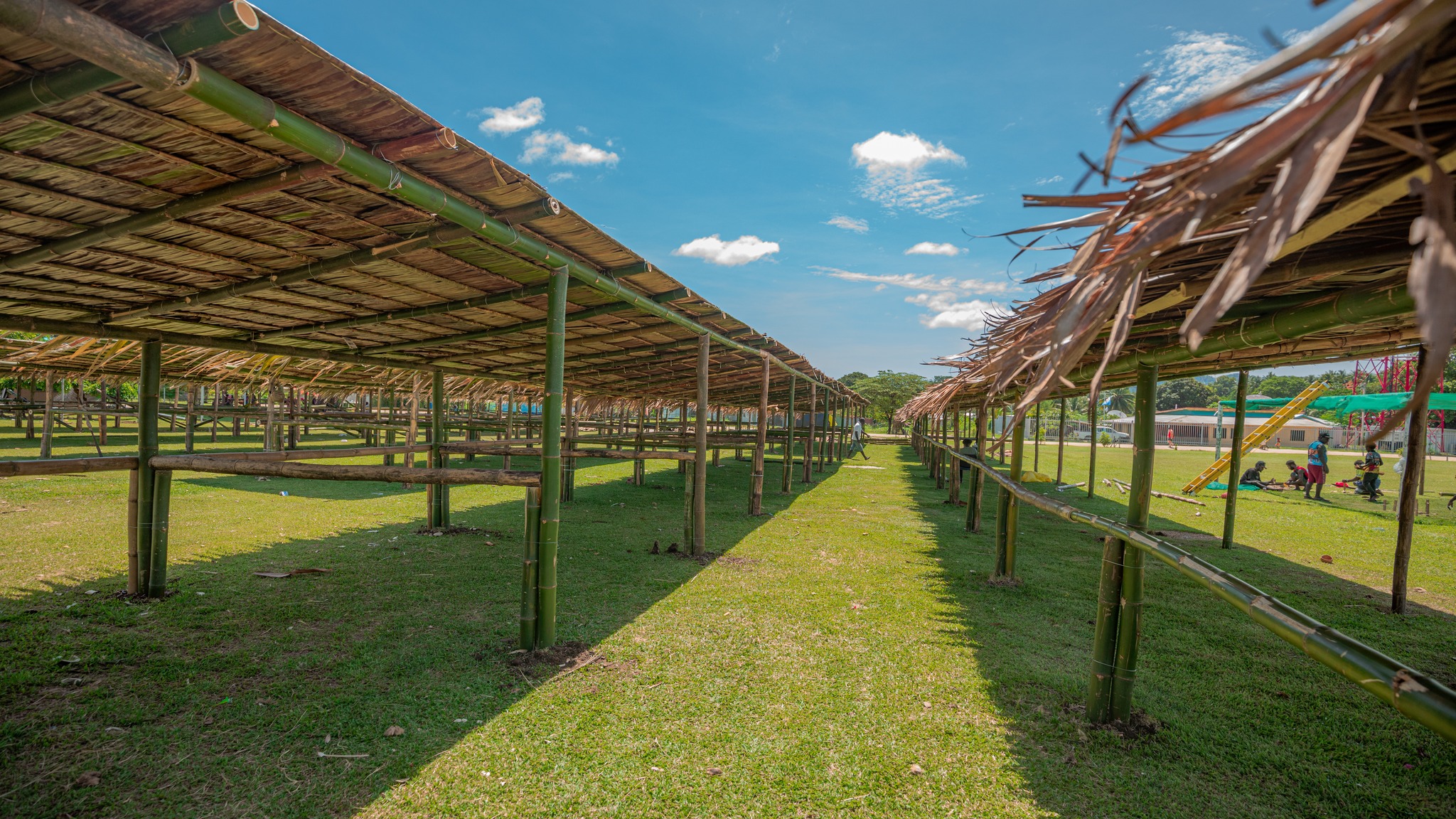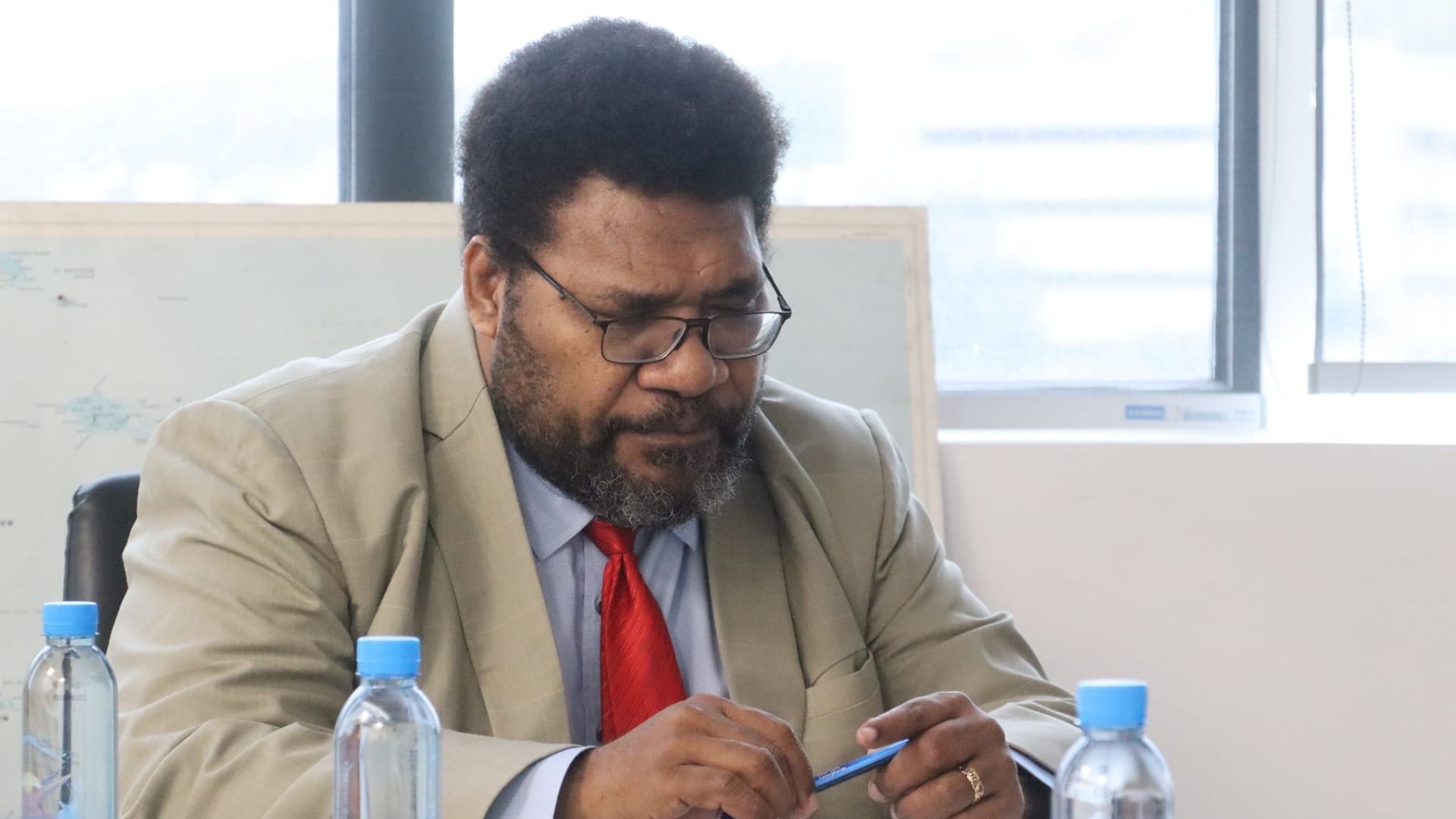The University of Papua New Guinea’s (UPNG) School of Humanities and Social Sciences (SHSS) recently presented their four-year strategic operational plan to the UPNG Council.
According to Executive Dean Professor Leo Marai, the strategic plan is to be carried out from 2022- 2025.
He stated that the aim of the plan is to re-engineer the school by achieving academic excellence for the next four years. He added that the document took two months to work on by the Strategic team.
“This Strategic operational plan will guide us and provide clear direction for our efforts in order to deliver excellence and management research, teaching and learning at a school level.”
Marai added that the plan also emphasizes that the school will maintain existing partnerships and build new ones for more great research and publications including a review of academic programs especially at a course graduate level.
“The strategic plan will depend on all academic staff members and administration to deliver our council’s targets through their respective work plans. I will monitor the operational plan and make sure that the structure is followed regularly through strand meetings, resource committee meetings and other committee meetings in the school.”
According to Marai, he said that by 2025, the school should have achieved most of the targets that are set out in the plan.
He also thanked the strategic team for their contribution in creating this document including young academics whom he believes will lead the way for the school.
In addition to this, the UPNG Vice Chancellor, Professor Frank Griffin has commended the Executive Dean as well as the staff of SHSS for putting together a great document that will bring the school forward.
He added that upon his meeting with the Executive Dean regarding the planning of the Strategic Plan, he realized that there was not much explanation or guidance needed because the school already had a council skeletal framework of what the strategic plan is going to turn out to be.
“I saw that they already knew what the key areas of interventions were. I also saw that they had all the goals there and then in front of them and that the only advice I gave was that they start discussing what they want to achieve in 2025 and work backwards from there.”
“With that, the document presented was structured in a professional way with clear guidelines and targets they wanted to achieve by 2025 and with the result of that discussion, I have seen that has gone beyond what I expected with very clear guidelines of what the school wants to achieve.”
Griffin has also urged all other schools and Open College in the University to come up a with a well-articulated strategic plan in order to be able to operate as a University with one goal in mind to reposition the University and transform it from this year onward.
He thanked Mr Marai for a good job and that the school has now come to the first part of their production of the strategic plan.
Griffin added that the council will now take a look at it and will make cosmetic changes if needed in which the school will be made aware of as well.
He concluded that the easy part is now done which is putting the plan together with the hard part now approaching which is the implementation.






